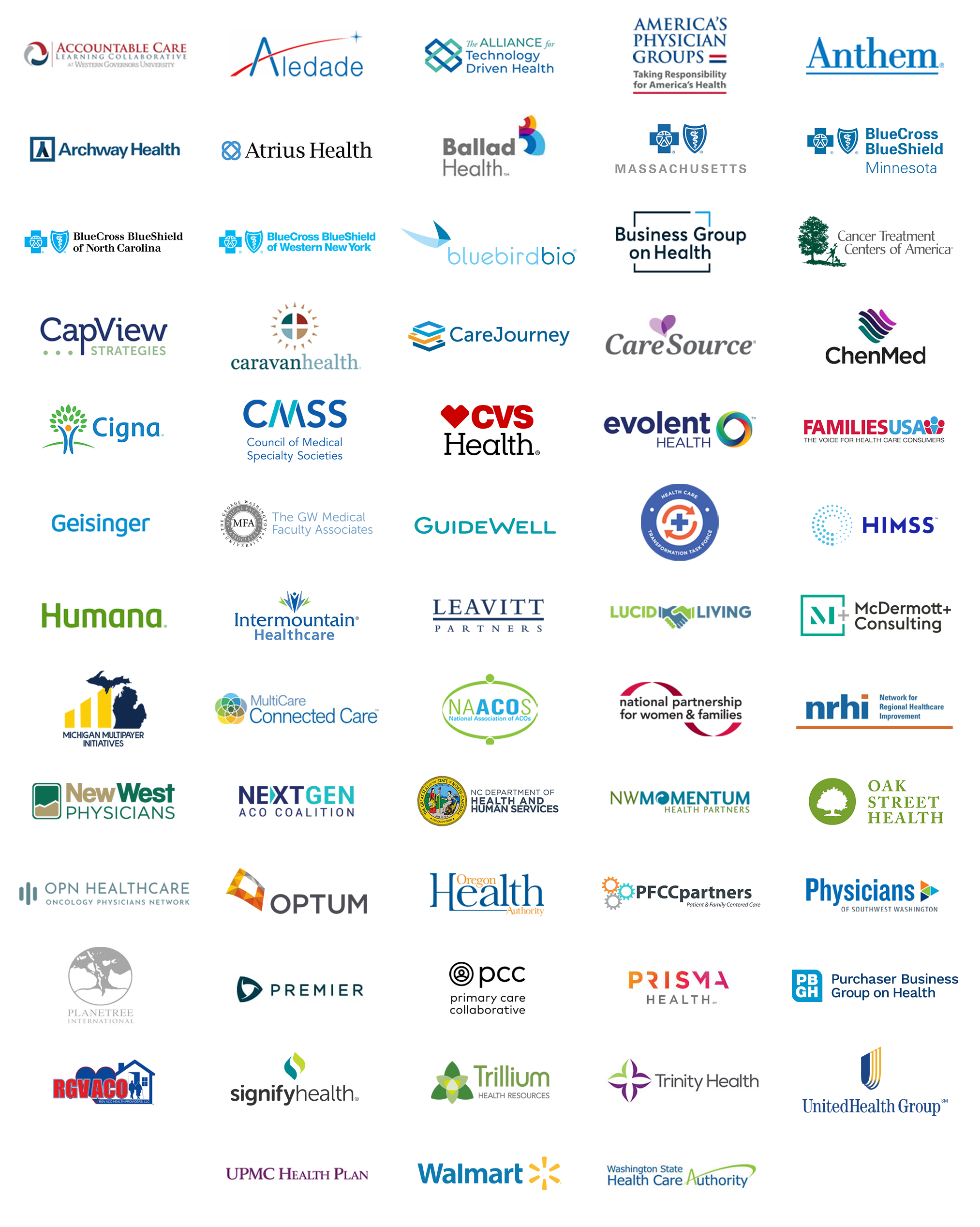Over the past decade there have been numerous efforts to better align performance measures across payers in both the private sector and public programs. Building on these efforts and with the advancement of alternate payment models (APMs), the Core Quality Measures Collaborative (CQMC) achieved the first step in refining measures, reducing burden and recognizing high value measures.
In mid-February, the CQMC reached an important milestone when it released seven core measure sets to support accountability and quality improvement in selected areas of practice. These measure sets are designed to help commercial and government payers align the way they assess health care quality. The availability of sets of uniform and consistent standards helps streamline the reporting process for providers and payers, which in turn can lead to more efficient and higher quality care for patients.
The seven areas that the Collaborative selected for the development of core quality measures—Accountable Care Organizations (ACOs)/Patient-Centered Medical Homes (PCMHs)/Primary Care, Cardiology, Gastroenterology, HIV/Hepatitis C, Medical Oncology, Obstetrics and Gynecology, and Orthopedics—were chosen because of their high prevalence, high cost, and the variability in care that they experience. In addition to those seven core measures released in February, the CQMC is also in the process of developing core measures for pediatrics, patient experience, and patient-reported outcomes. The core measure sets identified by the CQMC will be phased in over time as contracts are renewed or measures are reconsidered in the contract.
The CQMC is led by America’s Health Insurance Plans (AHIP) and the chief medical officers of member plans, as well as leaders from the Centers for Medicare & Medicaid Services (CMS), the National Quality Forum (NQF), national physician organizations, employers, and consumers and patient groups. The Collaborative was established to address the problems caused by the variability in the use of measures and measure specifications to assess quality of care. Such variability in measurement placed a heavy administrative burden on clinicians, and created confusion for consumers when they tried to select clinicians.
To address this problem, the CQMC set out to identify core sets of quality measures that payers would adopt as soon as feasible. The core sets of measures and the use of standardized measure specifications for these measures will help providers, consumers, health plans, employers, and policymakers get reliable and useful information about the quality of health care in order to make informed decisions. As payers move to APMs, the need for consistent core measures across public and private sectors has grown.
The Collaborative’s aims in developing the core measure sets are:
- To recognize high-value, high-impact, evidence-based measures that promote better patient health outcomes, and provide useful information for improvement, decision-making, and payment;
- To reduce the burden of measurement and volume of measures by eliminating low-value metrics, redundancies, and inconsistencies in measure specifications and quality measure reporting requirements across players; and
- To refine, align, and harmonize measures across payers to achieve congruence in the measures being used for payment and other accountability purposes.
The mission and goals of the Health Care Payment Learning and Action Network (LAN) dovetail with the aims of the CQMC. Since its inception, the LAN has been working collaboratively with the CQMC. There is a healthy degree of overlap in the membership of the two groups, which helps ensure that the two efforts keep each other informed of activities and progress in their respective areas of interest. This overlap also enables the sharing of tools and resources.
The LAN work groups have already begun incorporating these core measure sets into their work products related to APMs such as population-based payments (PBPs) and clinical episode payments (CEPs). For example, the CEP Work Group’s white paper on episode payment for elective joint replacement makes reference to the CQMC’s orthopedic core set, v. 1.0, which includes three measures of hip and knee replacement outcomes, as well as patients’ experience with their care. The Work Group is also considering referring to the Collaborative’s core measure sets in its forthcoming draft white papers on episode payment for maternity care and cardiac care.
The LAN’s PBP Work Group is also exploring the concept of data sharing as a necessary component of the successful implementation of PBP models and will define desired data sharing practices to facilitate the adoption of PBP models in an upcoming white paper. This effort to improve the sharing of data among payers, providers, patients and other stakeholders is relevant to the use of core quality measures as CMS and health care plans having access to the clinical data reported by providers will in turn inform the core quality measures as part of an iterative process.
The CQMC looks forward to continuing its mutually beneficial relationship with the LAN as both organizations continue their respective efforts to improve health outcomes for all Americans.
Please note that guest blogs from Guiding Committee and Work Group members represent the views of the individual authors and do not represent official positions of the Guiding Committee, Work Groups, CAMH, or CMS.

Aparna Higgins
Ms. Higgins is a member of the Health Care Payment Learning & Action Network. She serves as Senior Vice President, Private Market Innovations and Director, Center for Policy and Research, America’s Health Insurance Plans.

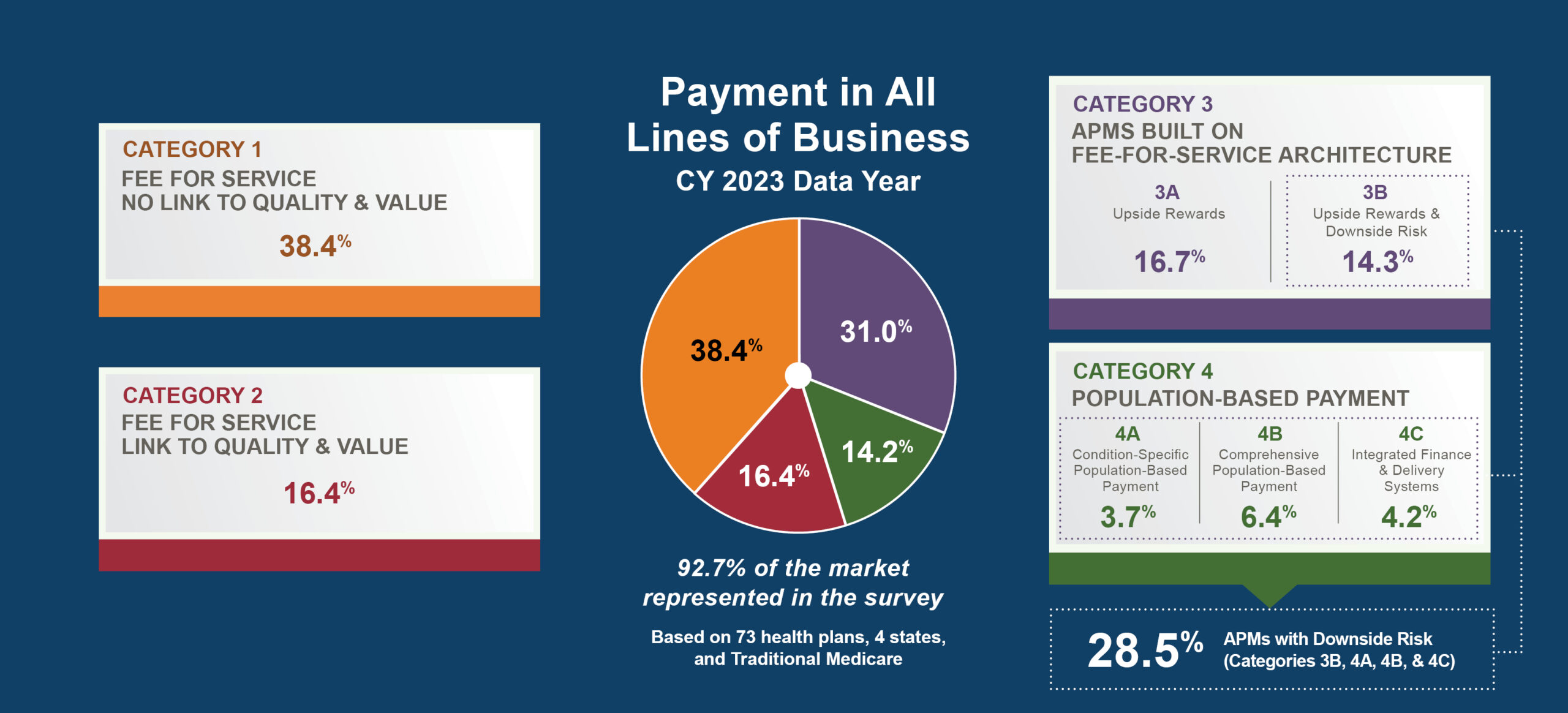
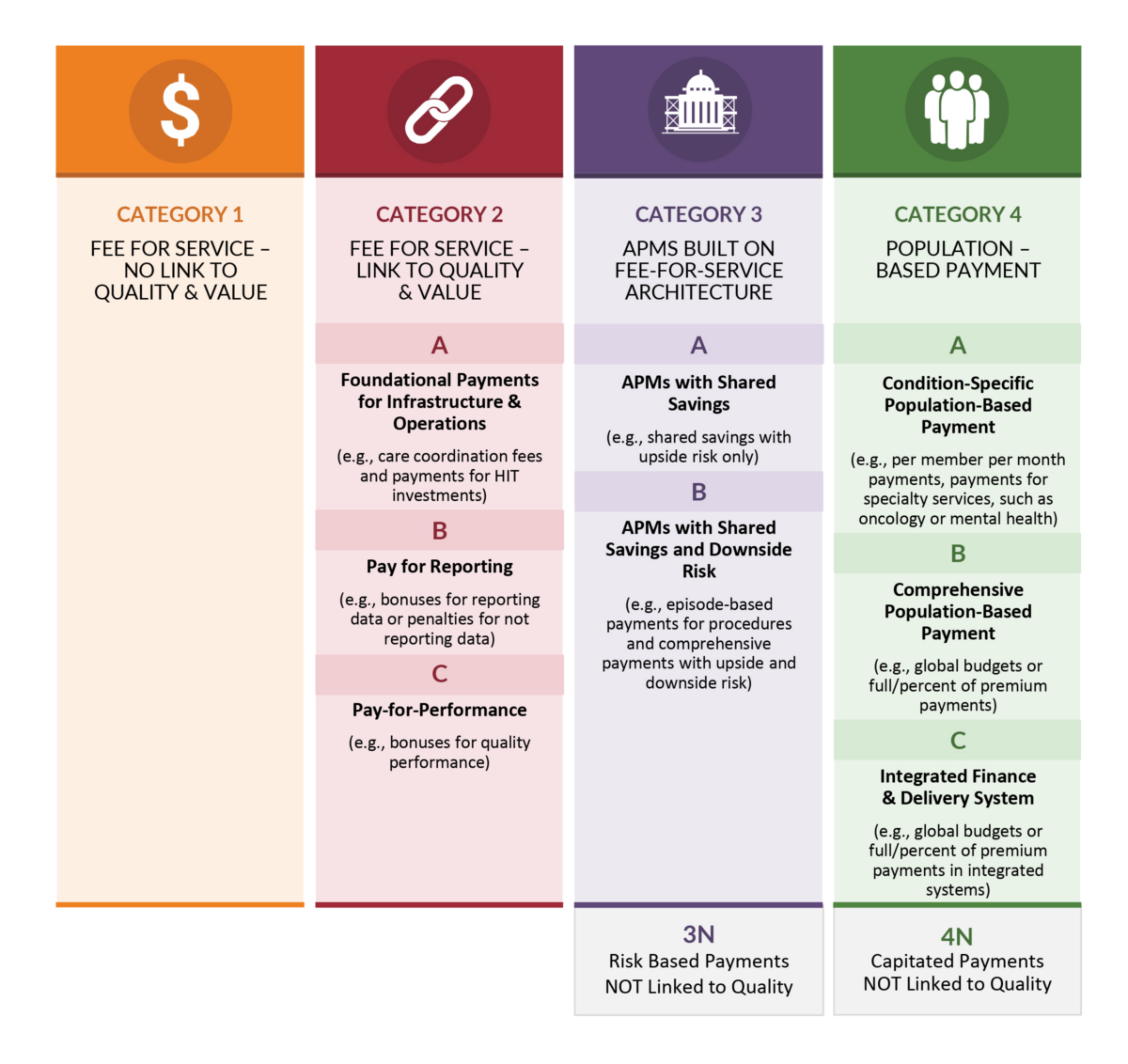

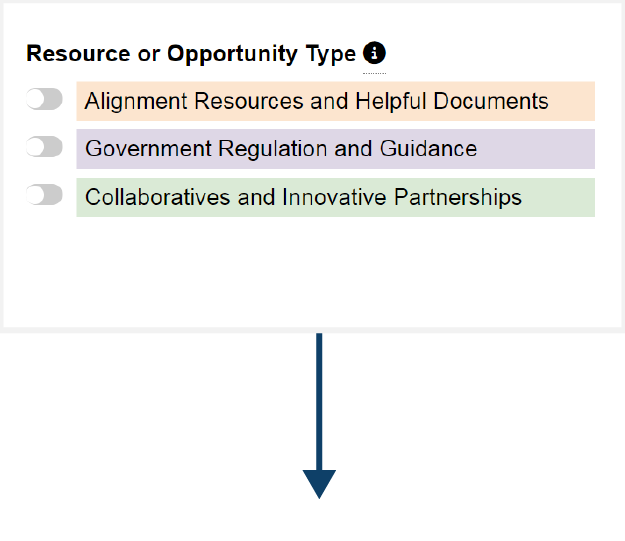
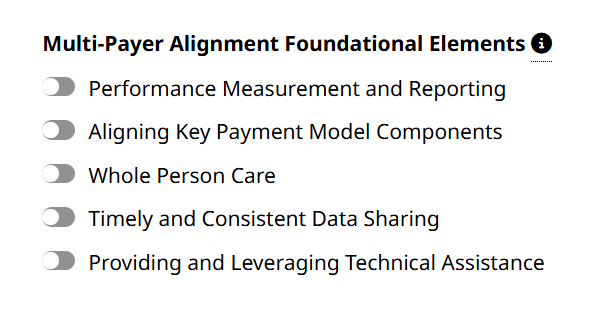


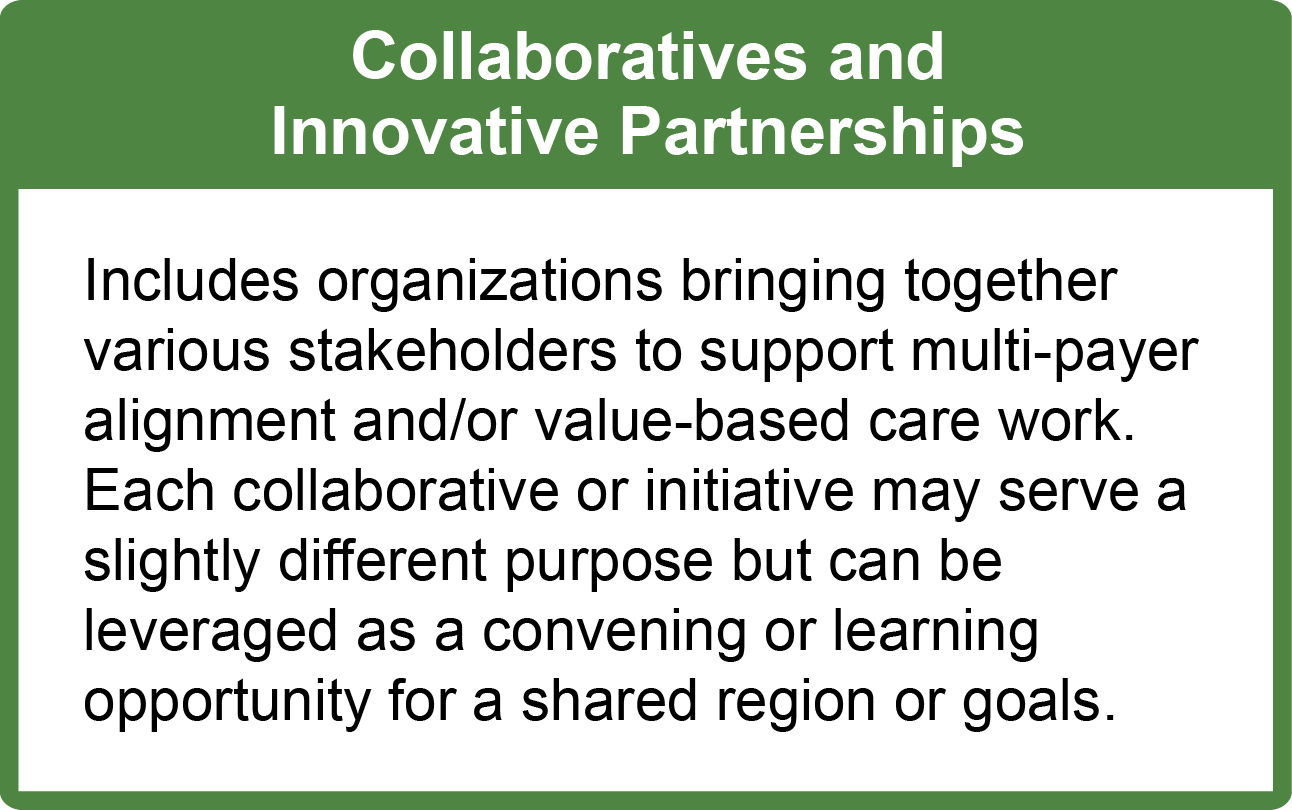

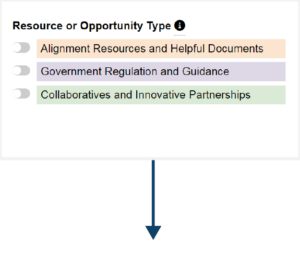



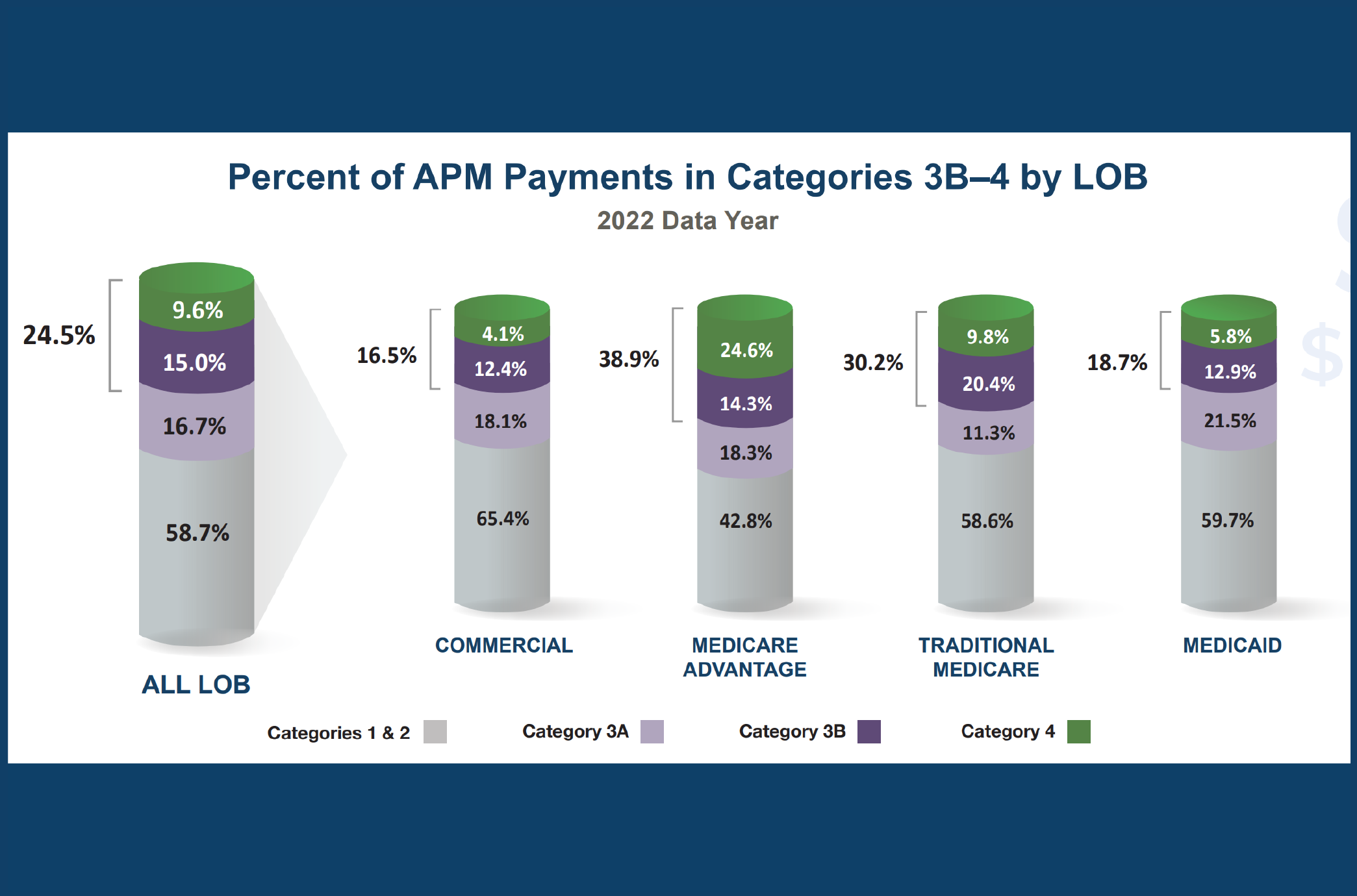
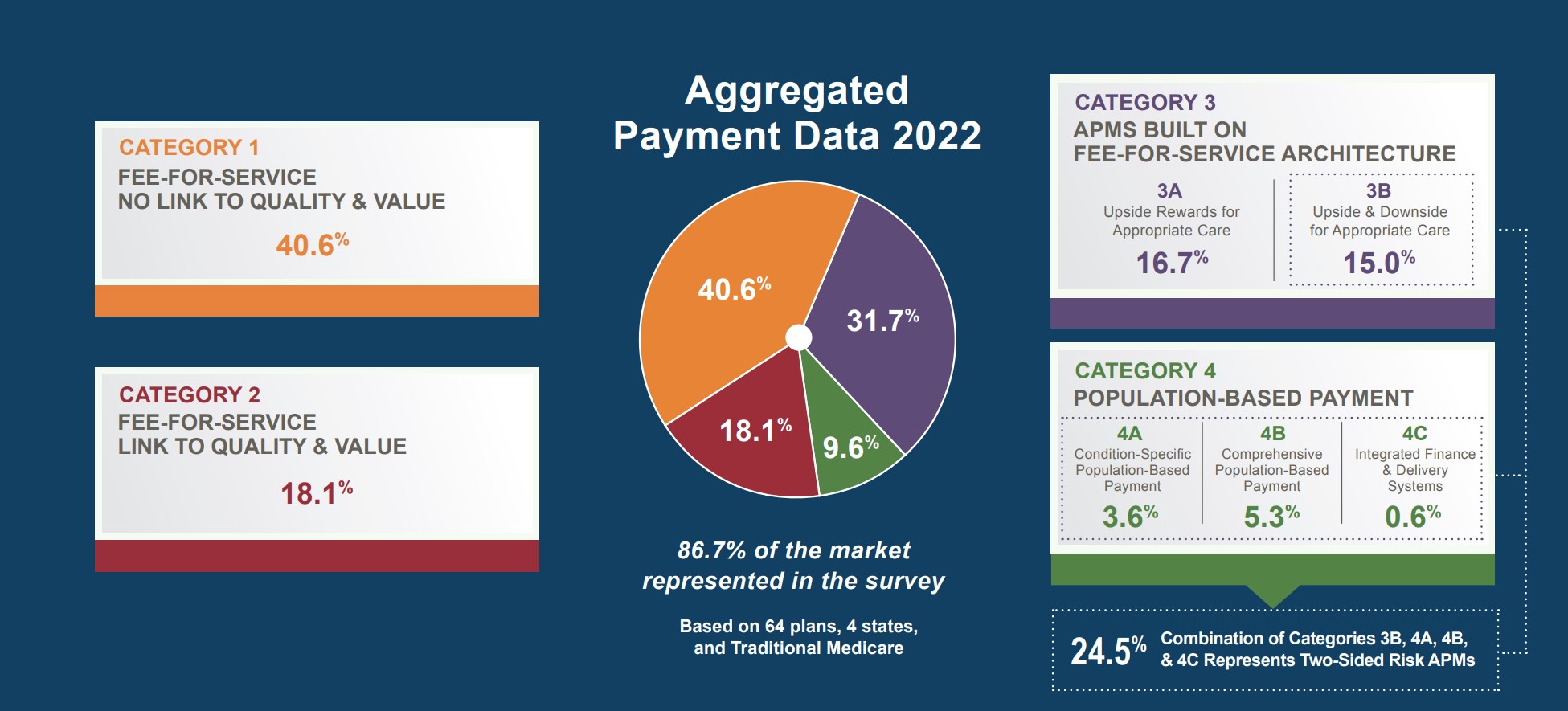
 Emily DuHamel Brower, M.B.A., is senior vice president of clinical integration and physician services for Trinity Health. Emphasizing clinical integration and payment model transformation, Ms. Brower provides strategic direction related to the evolving accountable healthcare environment with strong results. Her team is currently accountable for $10.4B of medical expense for 1.6M lives in Medicare Accountable Care Organizations (ACOs), Medicare Advantage, and Medicaid and Commercial Alternative Payment Models.
Emily DuHamel Brower, M.B.A., is senior vice president of clinical integration and physician services for Trinity Health. Emphasizing clinical integration and payment model transformation, Ms. Brower provides strategic direction related to the evolving accountable healthcare environment with strong results. Her team is currently accountable for $10.4B of medical expense for 1.6M lives in Medicare Accountable Care Organizations (ACOs), Medicare Advantage, and Medicaid and Commercial Alternative Payment Models. Victor is the Chief Medical Officer for TennCare, Tennessee’s Medicaid Agency. At TennCare, Victor leads the medical office to ensure quality and effective delivery of medical, pharmacy, and dental services to its members. He also leads TennCare’s opioid epidemic strategy, social determinants of health, and practice transformation initiatives across the agency. Prior to joining TennCare, Victor worked at Evolent Health supporting value-based population health care delivery. In 2013, Victor served as a White House Fellow to the Secretary of Health and Human Services. Victor completed his Internal Medicine Residency at Emory University still practices clinically as an internist in the Veteran’s Affairs Health System.
Victor is the Chief Medical Officer for TennCare, Tennessee’s Medicaid Agency. At TennCare, Victor leads the medical office to ensure quality and effective delivery of medical, pharmacy, and dental services to its members. He also leads TennCare’s opioid epidemic strategy, social determinants of health, and practice transformation initiatives across the agency. Prior to joining TennCare, Victor worked at Evolent Health supporting value-based population health care delivery. In 2013, Victor served as a White House Fellow to the Secretary of Health and Human Services. Victor completed his Internal Medicine Residency at Emory University still practices clinically as an internist in the Veteran’s Affairs Health System. Tamara Ward is the SVP of Insurance Business Operations at Oscar Health, where she leads the National Network Contracting Strategy and Market Expansion & Readiness. Prior to Oscar she served as VP of Managed Care & Network Operations at TriHealth in Southwest Ohio. With over 15 years of progressive health care experience, she has been instrumental driving collaborative payer provider strategies, improving insurance operations, and building high value networks through her various roles with UHC and other large provider health systems. Her breadth and depth of experience and interest-based approach has allowed her to have success solving some of the most complex issues our industry faces today. Tam is passionate about driving change for marginalized communities, developing Oscar’s Culturally Competent Care Program- reducing healthcare disparities and improving access for the underserved population. Tamara holds a B.A. from the University of Cincinnati’s and M.B.A from Miami University.
Tamara Ward is the SVP of Insurance Business Operations at Oscar Health, where she leads the National Network Contracting Strategy and Market Expansion & Readiness. Prior to Oscar she served as VP of Managed Care & Network Operations at TriHealth in Southwest Ohio. With over 15 years of progressive health care experience, she has been instrumental driving collaborative payer provider strategies, improving insurance operations, and building high value networks through her various roles with UHC and other large provider health systems. Her breadth and depth of experience and interest-based approach has allowed her to have success solving some of the most complex issues our industry faces today. Tam is passionate about driving change for marginalized communities, developing Oscar’s Culturally Competent Care Program- reducing healthcare disparities and improving access for the underserved population. Tamara holds a B.A. from the University of Cincinnati’s and M.B.A from Miami University.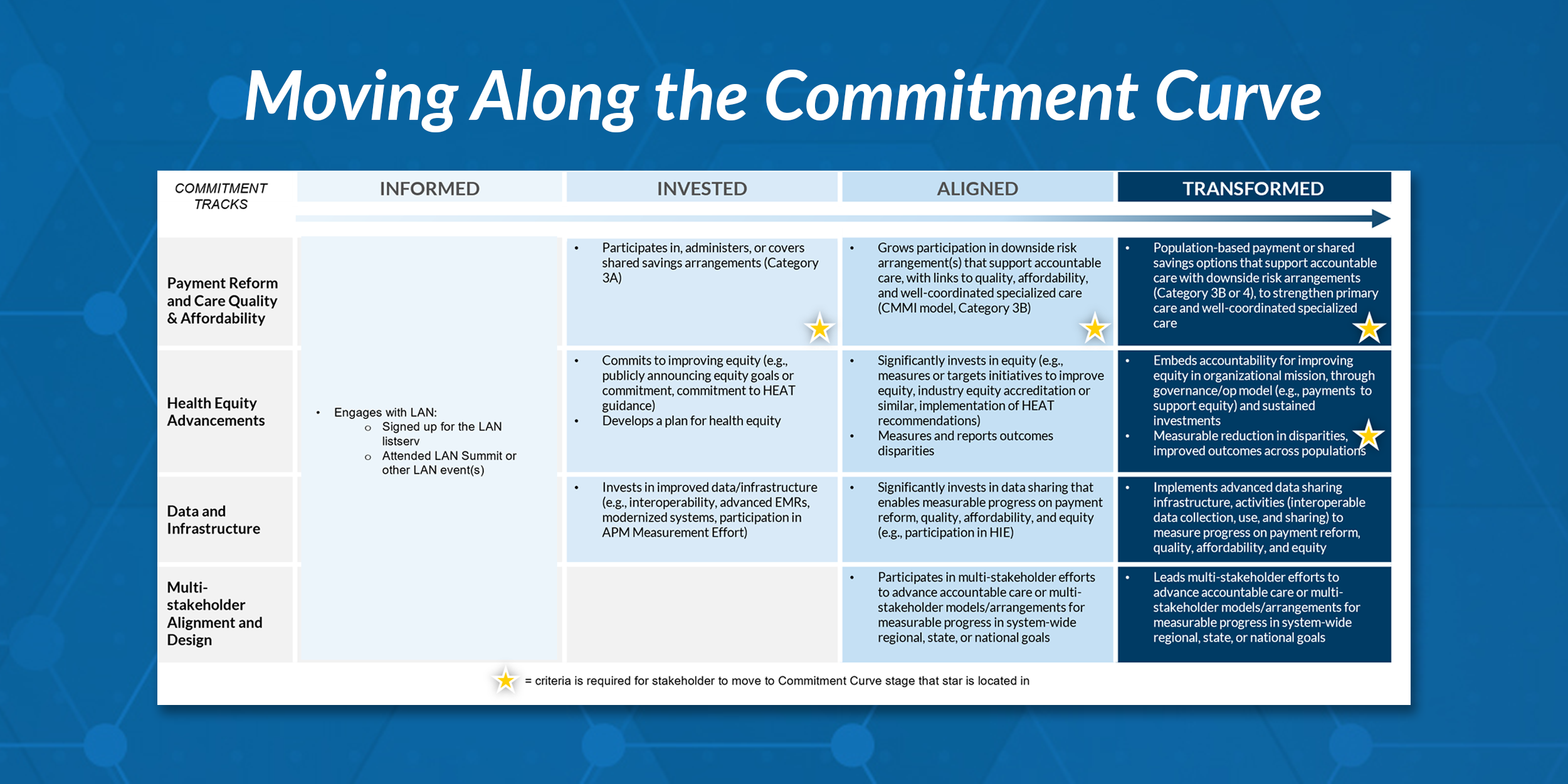
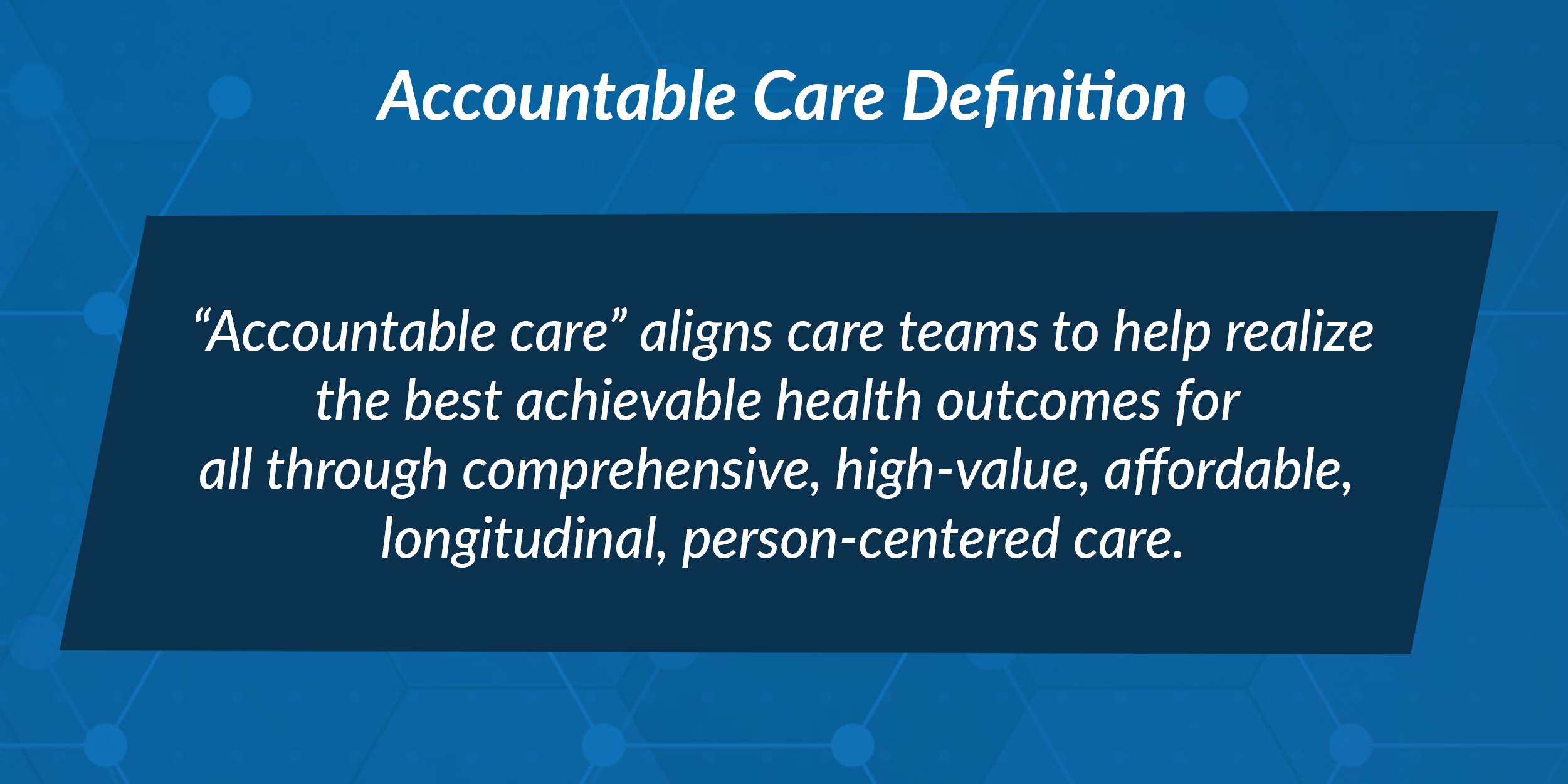
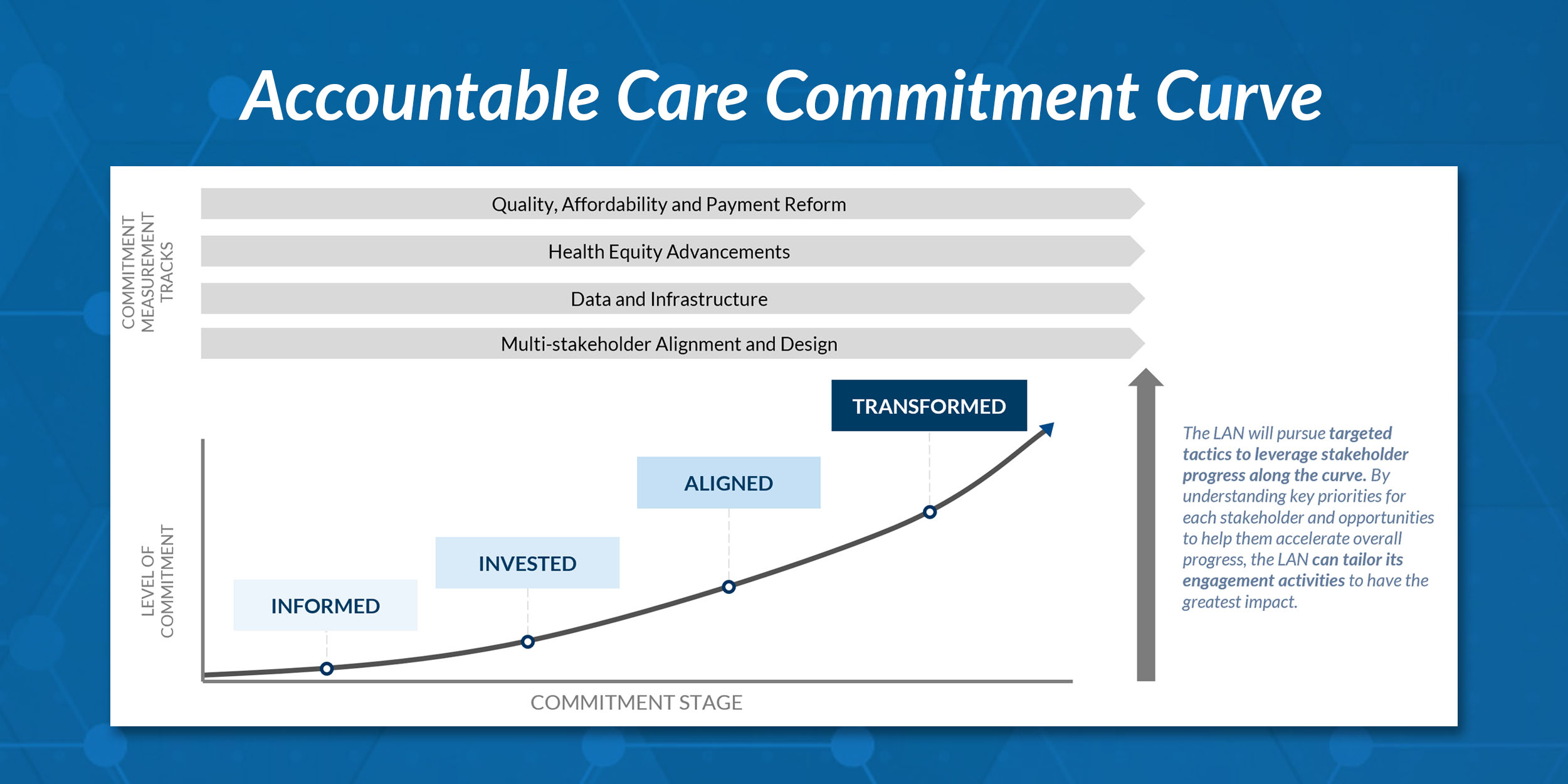
 Dr. Peter Walsh joined the Colorado Department of Health Care Policy and Financing as the Chief Medical Officer on December 1, 2020. Prior to joining HCPF, Dr. Walsh served as a Hospital Field Representative/Surveyor at the Joint Commission, headquartered in Oakbrook Terrace, Illinois.
Dr. Peter Walsh joined the Colorado Department of Health Care Policy and Financing as the Chief Medical Officer on December 1, 2020. Prior to joining HCPF, Dr. Walsh served as a Hospital Field Representative/Surveyor at the Joint Commission, headquartered in Oakbrook Terrace, Illinois.





